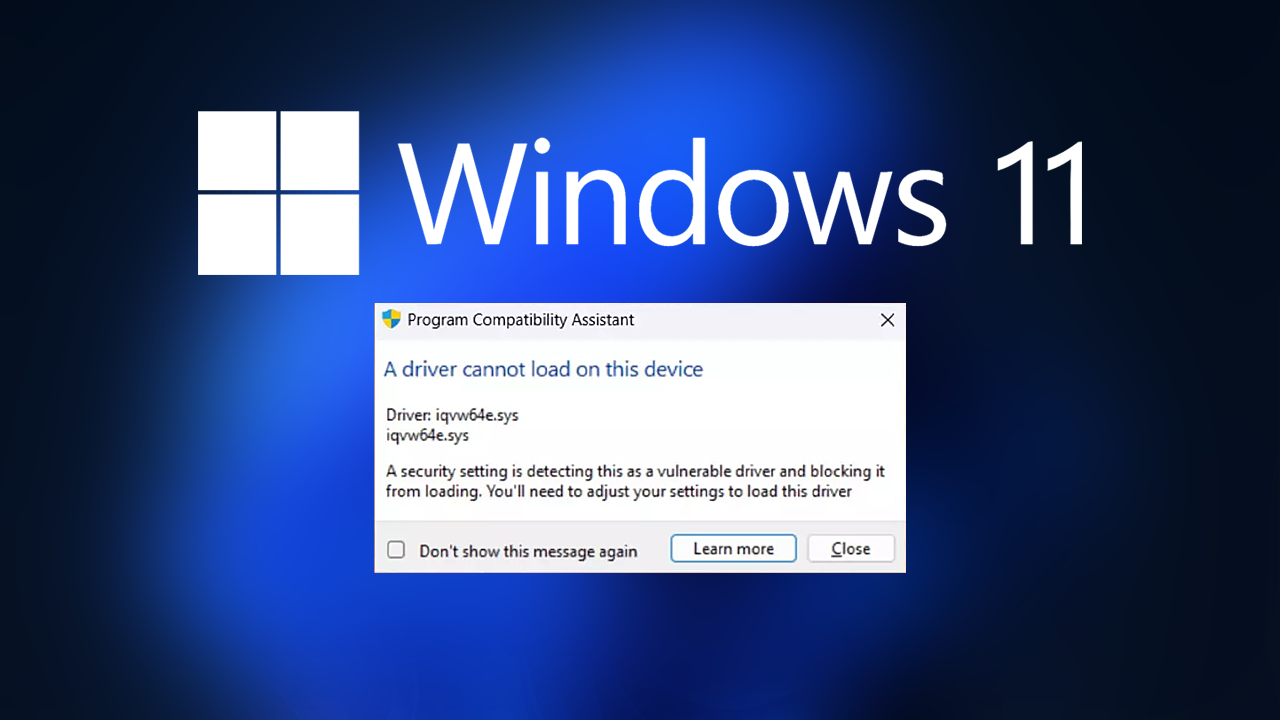When a project goes bad, it is more likely to be related to time, cost or scope. Project managers are very much attuned to these project mishaps and spend much of their time planning in order to avoid these negative risks and its potential impact on the total project at large.
For one, there are many tools to mitigate risks in a project. However, it also takes all in something called project controls.
Project controls
Like what its name means, project controls are literally about controlling the project and keeping it from exceeding budgets and overshooting deadline, for instance.
Project control can vary according to the industry and organizations the project belongs. However, they always provide a way to complete a successful project and deliver benefits to cost, the time, and the performance.
Tools and processes
Technically, project controls are a set of tools, processes and people skills that are used and worked together to help the project managers have the right information, at the right time to make the right decision.
Project controls are more effective with the Project Manager’s real-time dashboard. For the technical definition, the project management body of knowledge (PMBOK) or the Project Management Body of Knowledge.
PMBOK
For the technical definition, there’s the project management bible, Project Management Body of Knowledge (PMBOK). It states that: “Project controls are the data gathering, management and analytical processes used to predict, understand and constructively influence the time and cost outcomes of a project or program”.
This is done “through the communication of information in formats that assist effective management and decision-making”.
Communication
It is the mechanism that keeps a project on schedule when planning and executing, as well as keeping costs within budget. In fact, it works throughout the entire life cycle of a project.
In project management, project controls takes on the following: project strategy, methodology, schedule, cost estimates, risk management, project documentation, general oversight, quality and resources.
It’s all about collecting and managing data, finding trends in that information, reporting on progress and then putting what you’ve learned into practice.
Importance
Some project controls professionals are responsible for the project manager, and they touch the entire team. The reason is that project controls help to guide the project manager in making informed and accountable decisions.
Project controls scope is large in a project. This signifies its importance. The whole purpose of the project manager is to control the project from its initial ideas to completion. Managing is part of the job and project controls are just another means to that end.
Strong plan
Project controls are keys to a strong project plan. Before execution, the solid plan must be in place. Project controls help to align the whole project with the larger strategic goals of the organization. This means saving the project and the organization time and money.
In addition, project controls help to answer important questions on the project. There will be questions on the project cost, how long will it finish, and what is the value or quality that the project will deliver.
Planning
At the beginning of the project, project controls are needed. This is the time you make your schedule, assemble a team, break down tasks, identify stakeholders and figure out what the project objective is.
This is the estimation of costs and project duration where controls are essential. These two constraints are some of the greatest risks to your project. Therefore, it’s key to making accurate estimates.
Development
Cost estimates are developed into budgets here and time estimates become project schedules. This is the project phase where project controls are strongly needed.
They assist with the monitoring and reporting on the project plan and schedule. When the project controls are better, the faster can one identify when a project is off-track
The same is true for monitoring expenses, performance and budgets. Project controls also work with the risk management plan to recognize risks to the project cost and schedule.
Implementation
When executing the project, the team is kept focused to prevent slipping off the schedule and bust the budget. This requires accurate monitoring and tracking of progress.
Project controls is the means to identify when there are problems and bottlenecks. Balancing resource allocation to match team capacity or quality issues needs project controls.
This is to break down data on the team’s hours worked against budget spent. It is also more to see where the problems are and resolving them quickly.
Closure
The successful deliverables and satisfied stakeholders is not the end of the project. There’s a lot of paperwork to tie up, teams to relinquish or reassign and project controls to gather information on performance.
This last piece of housecleaning before putting the project on the shelf is like a post-mortem. This is where to see what worked and what did not, a good lesson for the next project.
Project manager
People are always the key to good project management. Good project management tools are the keys to helping those people work better.
ProjectManager is cloud-based project management software that gives project managers the transparency they need to better enact project controls. With Gantt charts, project managers can map out every project task and designate assignees.
As tasks are finished, the progress updates in real time, and the managers can make sure everything is going according to plan. If need be, those tasks can be reassigned to keep the project running smoothly.
People
Project controls are actually a combination of several things. The two main groups are the project management tools and people. The people are the project manager and the project team.
As they are, project controls are about managing project scope, cost and timeline. This means getting the right project manager, team, data and review and change management in place.
The team meantime should be staffed with skillful and experienced workers. They should have the expertise and knowledge in how to do the work assigned to them.
They are the human project control and often the first set of eyes that look on issues that may arise. A project manager is only as good as the team he leads. Both project managers and teams must always be alert to project scope, one of the main culprits for projects losing control.


